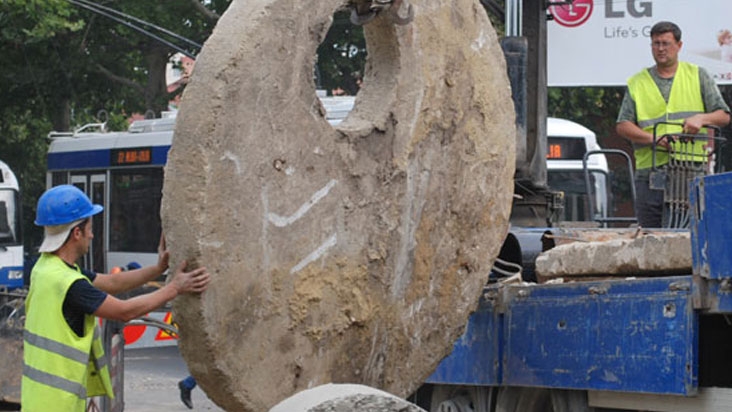
Challenge
Over the past 20 years, investments in the city’s infrastructure have been almost nonexistent. As a result, streets with the highest concentrations of traffic have significantly deteriorated, imposing economic costs on road users and having negative consequences on the city’s growth potential and competitiveness. The water supply and sanitation networks required urgent rehabilitation or, in some suburban areas, did not even exist, causing frequent interruptions in service and significant environmental consequences.
The situation was further hindered by the absence of reliable data on the existing networks’ layouts, which resulted in poor quality technical designs and estimates that were not realistic.
Solution
One of the lessons learned is that solid technical designs based on reliable data, as well as proper technical supervision, are essential for project success. The International Finance Corporation (IFC) investment, requested by the municipality of Chisinau, includes measures and incentives to improve both.




